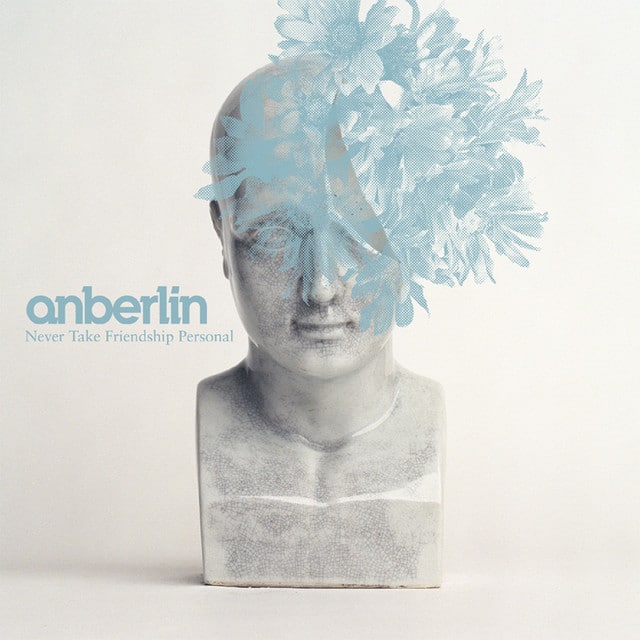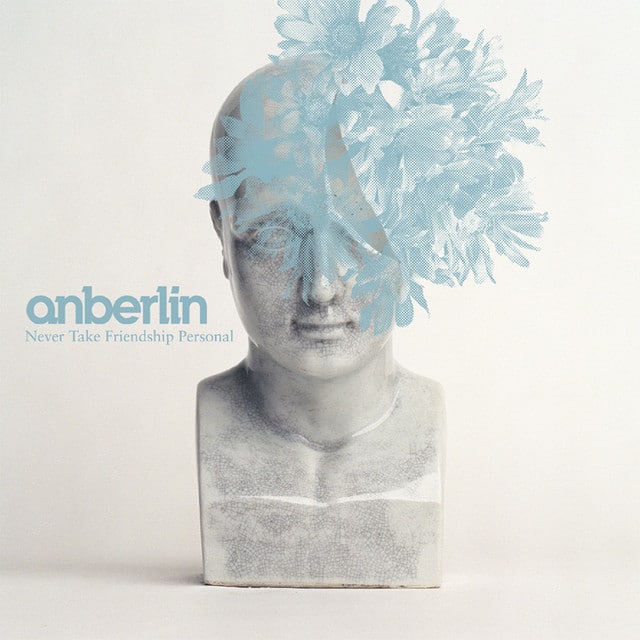Released: 2005
“Paperthin Hymn” by Anberlin is a poignant exploration of loss, longing, and the fragility of relationships. Through its powerful lyrics, the song delves into the emotions experienced in the aftermath of losing someone close. It grapples with feelings of isolation, the yearning for one more chance, and the harsh reality of promises broken by death.
The opening lines, “When your only friends are hotel rooms / Hands are distant lullabies”, immediately set a tone of loneliness and detachment, with an imagery that evokes the life of someone constantly on the move, perhaps due to touring, and the lack of human connection that comes with it. The phrase “distant lullabies” suggests comforts that are out of reach or memories that can soothe but not touch. The song’s narrator expresses a desire to turn back time (“If I could turn around I would tonight”), indicating regret and a wish to return to when things were better, before “your paper heart stopped beating”, which symbolizes the death of a loved one whose heart was perhaps fragile or sensitive, leaving the narrator abruptly alone.
The chorus, “Who’s gonna call on Sunday morning, who’s gonna drive you home? I just want one more chance To put my arms in fragile hands”, is a heartbreaking plea for just one more moment with the lost one. Sunday mornings often carry connotations of peace, rest, or shared moments with loved ones, thus amplifying the sense of loss. The mention of “fragile hands” reiterates the delicateness of the person who has passed, and the deep desire to protect them.
In the verse, “August evenings / Bring solemn warnings to remember / To kiss the ones you love goodnight”, there’s a shift towards a reflection on life’s unpredictability and the importance of cherishing moments with loved ones. The imagery of August evenings suggests the end of summer, transitions, and reminders of mortality. “When life is in discord, praise ye the Lord” could be interpreted as finding faith or solace in something greater during times of turmoil, suggesting a search for comfort or meaning amidst grief.
The repetition of the lines “I thought you said forever, over and over” accentuates a feeling of betrayal or disbelief regarding the permanence of relationships, confronting the harsh truth that death can sever what was believed to be unbreakable bonds. The “complaints of violins” metaphorically represent the narrator’s sorrow, where the only companionship left is found in the mournful sounds of music, emphasizing the depth of isolation and sadness experienced.
In sum, “Paperthin Hymn” by Anberlin captures the essence of human vulnerability, the pain of loss, and the longing for just one more moment with someone who has departed. Its vivid imagery, coupled with a haunting melody, strikes deeply, leaving listeners with a sense of empathy and reflection on the transient nature of life and the importance of love and connection.






